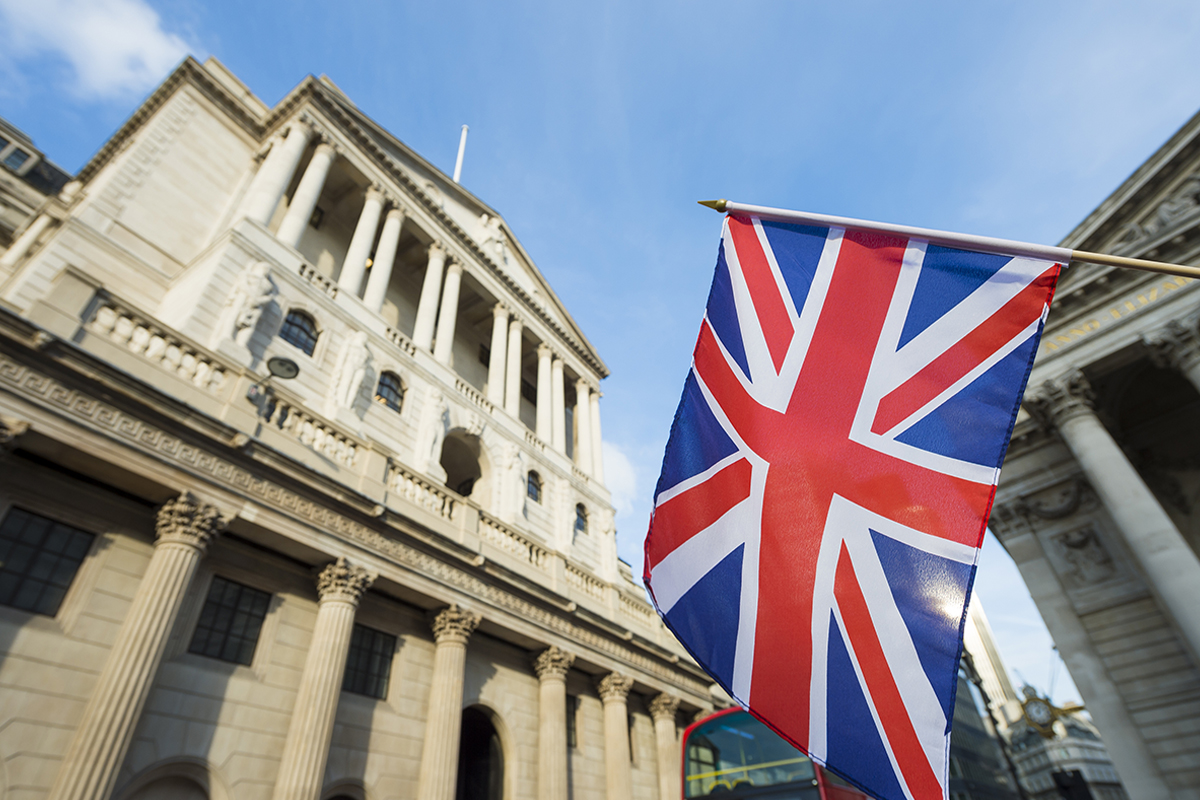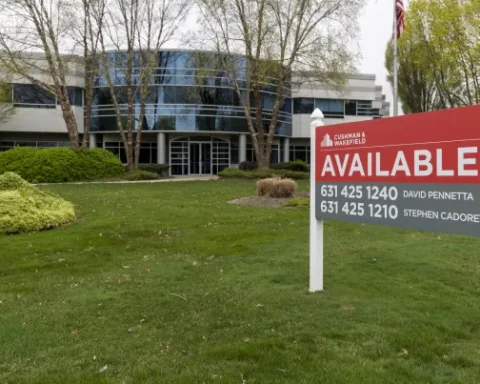Amid ongoing concerns about lasting inflation and an economy showing signs of slowing, analysts predict that the Bank of England might increase interest rates to 5.25% this week, marking a 14th consecutive rise in borrowing costs.
The looming increase, which might add 0.25 percentage points, is driven by the Bank’s efforts to combat inflation and would set rates at their highest in 15 years. The recent decrease in the consumer prices index (CPI) still placed it at an alarming 7.9%, almost quadruple the Bank’s ideal target of 2%.
While some anticipate the Bank’s monetary policy committee (MPC) could adopt a more aggressive approach and raise rates by 0.5 percentage points, this view is less popular among the City’s economic experts.
The rapid rate hikes have responded to the global economic turmoil following events like Russia’s Ukraine invasion. However, there’s growing apprehension that higher borrowing costs might dampen the UK’s economic vigour.
The housing market has also shown signs of this strain, with property prices declining at their steepest since 2009 and homeowners opting for more extended mortgage periods due to increased rates. Current market data indicates a two-year fixed residential mortgage rate of 6.85% and a five-year rate of 6.37%.
Recent surveys reveal a slowdown in private sector activities, not just in the UK but across much of Europe, as rising borrowing costs take their toll. The UK manufacturing sector, a pillar of the economy, faced setbacks as exports, particularly to Asia-Pacific regions and China, dwindled. The S&P Global/CIPS UK Manufacturing PMI notably dropped to 45.3 in July.
Prime Minister Rishi Sunak, while expressing disappointment at the slower-than-expected decrease in inflation, remains optimistic, stating that the recent data shows a trend in the right direction.
However, the opposition has criticized the government’s approach, especially about financial policy. Labour’s Rachel Reeves highlighted the potential savings of using longer-term loans in the face of rising rates and lamented the government’s neglect of such strategies.
Analysts are divided on the MPC’s next steps. Some predict a three-way split in the vote, with varying degrees of rate increase favoured. Leading economists argue that for core inflation to return to desired levels, the job vacancy rate needs to decline, which may necessitate even further rate hikes shortly.
It’s also important to note that core inflation, excluding fluctuating costs like energy and food, hovers around 7%. This suggests that the service sector, a significant part of the private sector, continues to transfer notable price increases to consumers.
As the UK grapples with the balance between economic growth and inflation control, the decisions of the Bank of England in the coming months will play a crucial role in shaping the economic landscape. The ripple effects of these decisions, whether on homeowners, businesses, or the broader economy, are far-reaching. Amidst the global challenges and internal pressures, all eyes will be on the Bank’s next moves, hoping that a measured approach will lead the nation toward stable economic ground.







